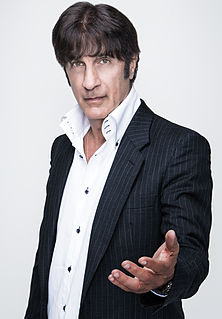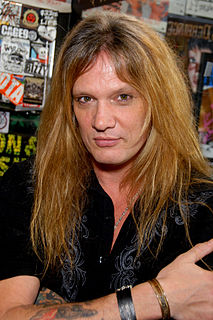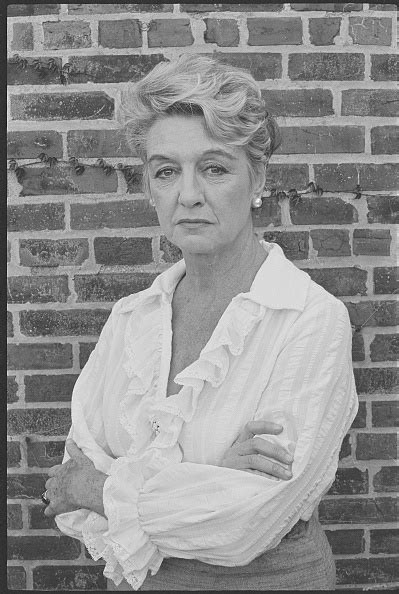A Quote by Ambrose Bierce
Conversation, n.: A vocal competition in which the one who is catching his breath is called the listener.
Quote Topics
Related Quotes
Singing is a kind of sport and a singer a kind of athlete and following this model becoming "vocally fit" - building vocal muscles - should be the point of any form of voice teaching. Other approaches don't work directly on building vocal muscles but instead focus on so-called diaphragm support and breathing, mask singing, breath control, throat relaxation - all of which are useless at best and harmful at worst.
It is agreed that all sound which is the material of music is of three sorts. First is harmonica, which consists of vocal music; second is organica, which is formed from the breath; third is rhythmica, which receives its numbers from the beat of the fingers. For sound is produced either by the voice, coming through the throat; or by the breath, coming through the trumpet or tibia, for example; or by touch, as in the case of the cithara or anything else that gives a tuneful sound on being struck.
I started singing about three years ago, I entered a local singing competition called Stratford Idol. The other people in the competition had been taking singing lessons and had vocal coaches. I wasn't taking it too seriously at the time, I would just sing around the house. I was only 12 and I got second place.
Basically, there were three aspects of dub that influenced dubstep. The most important was playing the instrumental versions of vocal garage tracks, which was a little like what dub was to reggae - the instrumental of a full vocal.The second was dub as a methodology, which, for me, is apparent in all dance music: manipulating sound to create impossible sonic spaces using reverb, echo and such. The third is the influence of the genre called dub. (It became a cliché actually, through sampling old Jamaican films and soundtracks, and adding vocal samples.)
I've been diagnosed with what's called vocal tension dysphonia. The muscles around my vocal chords kind of constrict my vocal chords from doing what they should do. It's kinda like being a body builder and you have muscles that are so large that they don't allow you to have flexibility, if that makes sense.
I happen to disagree with the well-entrenched theory that the art of conversation is merely the art of being a good listener. Such advice invites people to be cynical with one another and full of fake; when a conversation becomes a monologue, poked along with tiny cattle-prod questions, it isn't a conversation any more.
I think, to be a great conversationalist, you need to be interested in being in said conversation. Oddly enough, I think you need to be a great listener, and I do think I'm a good listener. I think that's my asset - I always listen to people when I talk to them, and that's a big thing you have to have in life and in podcasts.
I recall a conversation with the CEO of large electrical equipment MNC in which he began by asking me to guess how many innovation centres his firm had around the world. My guess was nowhere near the 160 that turned out to be the answer. Not surprisingly this CEO recognized that his firm's ability to innovate was being hampered by the huge size of their footprint which brought few benefits as it was inefficient, there was duplication across sites and competition between them. In this and most other cases, the costs of the expanded footprint outweigh the benefits.

































